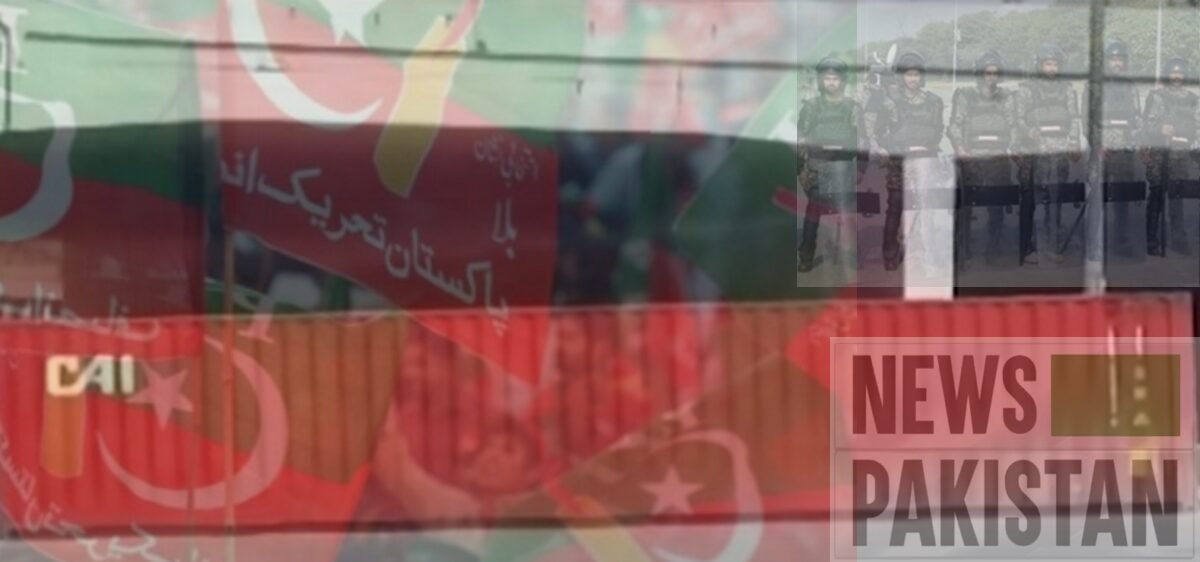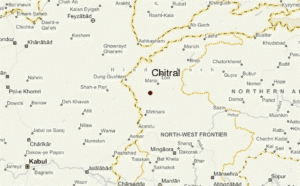UNITED NATIONS: A vigorous campaign by the Pakistani delegation at the United Nations to counter repeated Indian attempts to link Pakistan with terrorism by exposing India’s “ominous role” in supporting and perpetrating terrorism against its neighbours has begun to show results, according to diplomatic observers.
The latest diatribe against Pakistan and terrorism — neither new nor unexpected — came earlier this week from Indian Ambassador T. S. Tirumurti who was obviously stung by the United Nations Security Council meeting on Jammu and Kashmir initiated by Pakistan on the anniversary of India’s illegal unilateral measures in the disputed state.
That meeting left him with no other recourse than to make a vain attempt to try and cast Pakistan in bad light, it was pointed out. Earlier, on the eve of the Security Council meeting of August 5, the Indian envoy released a similar video message to cast shadow on the Council meeting but that failed as well.
While India continues to rant against Pakistan, diplomats said, its anti-Pakistan campaign has little traction. It can no longer defame Pakistan for Taliban “safe havens” especially after the United States has signed a peace agreement with the Taliban and agreed to delist them from the Security Council’s sanctions list.
Similarly, a recent report of the UN’s Counter Terrorism Monitoring Team has confirmed that Tehreek-e Taliban Pakistan (TTP) and Jamaat-ul-Ahrar (JuA) are located in Afghanistan from where they launch cross-border terrorist attacks against Pakistan, vindicating Pakistan’s long held stance of being a victim of their attacks.
For the past year, besides promoting the Kashmir cause, Pakistan and its delegation at the UN have pursued a parallel campaign to unveil India’s role in promoting terrorism against Pakistan and it is stated to be making good progress.
Last week, speaking in the Security Council’s debate on the nexus between terrorism and organized crime, Pakistan’s Permanent Representative to the United Nations, Ambassador Munir Akram, called India the “fountainhead of terrorism” in the region. He had explained why in an earlier statement, during the “Counter Terrorism Week” organized by the United Nations (UN) Office on Counter Terrorism” (OCT).
In that speech, Ambassador Akram stated that India had used terrorism as a policy instrument against all its neighbors at one time or another. At present, it was responsible for four types of terrorism: “state terrorism” against the people of illegally Indian occupied Jammu and Kashmir; sponsorship of UN designated anti-Pakistan terrorist organizations like TTP and JUA, located in Afghanistan; financing and organization of other “mercenary” terrorist organizations, to also launch cross border attacks against Pakistan; and the BJP-RSS campaign of terror against the Muslims of India.
Following the capture and conviction of the Indian spy, Commander Kulbhushan Jadhav, Pakistan had proposed the names of four Indian nationals for inclusion in the Security Council’s list of terrorists: Angara Appaji, Gobinda Patnaik, Ajoy Mistry and Venumadhav Dongra.
Detailed dossiers on the activities of these Indian terrorists, including location of training camps operated by them, were provided to the Security Council’s 1267 counter terrorism Committee.
As soon as Pakistan proposed their listing, India removed these four terrorist sponsors from Afghanistan, a clear admission of their guilt and state patronage, according to diplomatic sources.
Indeed, some Security Council members confided that the evidence presented by Pakistan was so overwhelming that, were it not for the resistance of one permanent member of the Council, these Indian individuals would have been immediately put on the terrorist list.
In a Newsweek article last week, Ambassador Akram is quoted as saying that American “objectivity” in considering terrorists for listing by the Security Council should not be “tainted by its desire for a military alliance with India”.
India lobbied intensely to prevent the Security Council from condemning the terrorist attack on the Pakistan Stock Exchange in Karachi, which Prime Minister Imran Khan and Foreign Minister Shah Mahmood Qureshi had declared as being sponsored by India.
But, ultimately, the Council adopted a China-initiated statement which condemned the terrorist attack, called for the perpetrators and their sponsors to be brought to justice and asked all concerned to cooperate with the Government of Pakistan for this purpose.
According to Ambassador Akram, India’s role as the most “pervasive purveyor of terrorism” is being progressively revealed to the international community. The greatest impediment to the formal recognition of this role is the protection being offered to India by certain Western powers which are India’s arms suppliers and wish to use India to contain and oppose the rise of China as a global power.
Diplomatic observers believe that Pakistan’s campaign has clearly put India on the defensive and exposed its role in supporting and perpetrating terrorism against its neighbours.
With no defence for its state terrorism against Kashmiris and oppressive policies against its Muslim population, India may continue to beat the dead horse of terrorism emanating from Pakistan, with no takers for this Indian argument any more, diplomats said.











